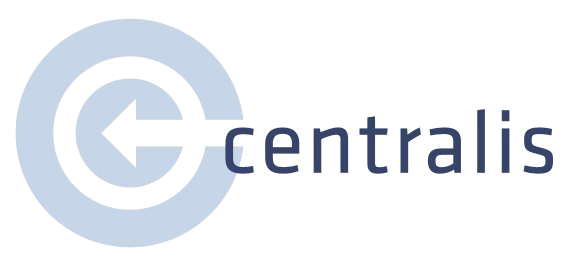We've all had those moments where technology surprises us, right? Last week, something amusing happened with my lawn guy and the Cash App that got me thinking about the power of design.
My lawn guy mows my lawn every few weeks, and I pay him via Cash App. It's a seamless process—until last week. I received a notification that he had sent me money. Perplexed, I asked him about it, but he insisted he had only sent a payment request.
So, I opened up the app on my phone and saw that I had a $50 balance, confirming that he had accidentally paid me without realizing it. In the process, I realized that deciphering transactions was more complex than it should be.
The Power of Design: Lessons from a Lawn Guy Transaction
Take a look at my Cash App activity: the second transaction on the list (with the heart next to it) was his payment to me. The rest of the transactions listed are my payments to him. He was unconvinced even after I alerted him that he had accidentally paid me because the inbound and outbound transactions looked nearly identical.
In contrast, apps such as Venmo (see second image) use color (red and green) and ‘+’ and ‘-‘ symbols to differentiate payments from deposits clearly.
🎨 Simple Design Changes, Big Impact
Imagine if Cash App adopted similar design conventions – color coding and recognizable symbols – to help users distinguish between payments and requests effortlessly. A good user experience begins with following design conventions that users are familiar with.
👉 The Call to Action: Design Matters!
This amusing mishap over a Cash App transaction is a valuable lesson in the importance of thoughtful design in our daily technology. It’s a clear reminder that behind every app, every feature, and every interface lies the potential to simplify or inadvertently complicate our lives. As technology promises to make our lives easier, businesses must ensure that our digital interactions are straightforward and intuitive. Mowing lawns is hard work. Getting paid via an app should be easy.



